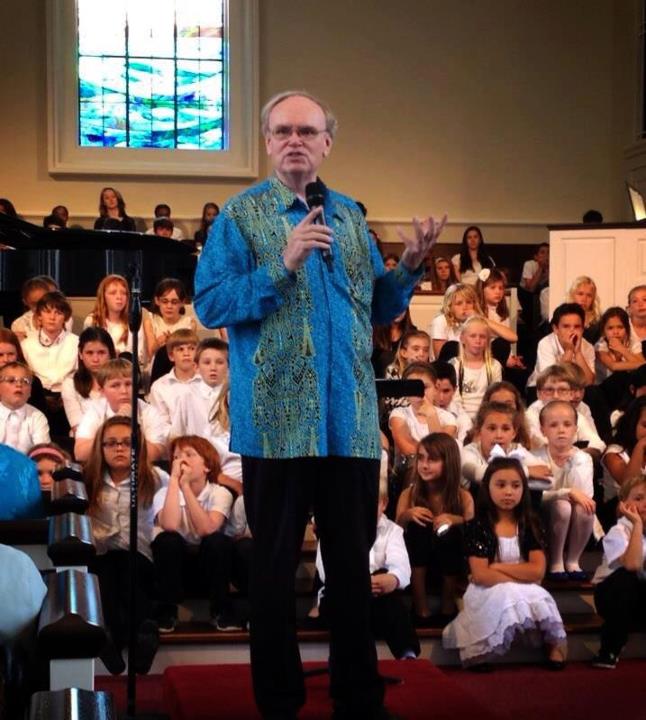The current pandemic has me feeling quite imperfect these days. New routines to learn. New information to absorb. New skills to master. New emotions to wrangle.
In Navajo culture, the custom is for rug weavers to leave little imperfections along the borders. In Japan, incorporating imperfections into art and architecture is also considered a necessary ingredient. The theory behind these “deliberate imperfections” is to remind us that we are all imperfect, impermanent, and incomplete – and indeed, there is beauty in our imperfection.
Too often we dwell on our shortcomings, which can lead to a type of paralysis or even despair. But when we shift our perspective and understand that imperfections are a necessary ingredient to life, we can forge ahead with confidence, knowing we can create something beautiful with the tapestries of our lives, even with the imperfections woven within.
Recently, we celebrated our son’s eleventh birthday. On paper it looked like a thoroughly imperfect affair; no friends for him to celebrate with, no fancy cake, no extravagant party. But as I observed the scene of him eating his homemade cake, reading his homemade card, and smiling as his family sang happy birthday – I realized this imperfect birthday was … absolutely perfect.
Matt Allen
Randy’s Response: Thanks, Matt, for the reminder that what we do for our students during this time may be (will be) quite imperfect but just as important as ever. As student choir directors, may we always remember that the relationships are the most important parts of our ministries with our students!
Matt is a regular contributor to the YouthCUE newsletter and website. He and his wife, Ashley, sang in student choir together during middle school and high school at First Baptist Church in Shreveport, Louisiana. Matt and Ashley have two children, Thomas and Grace.










